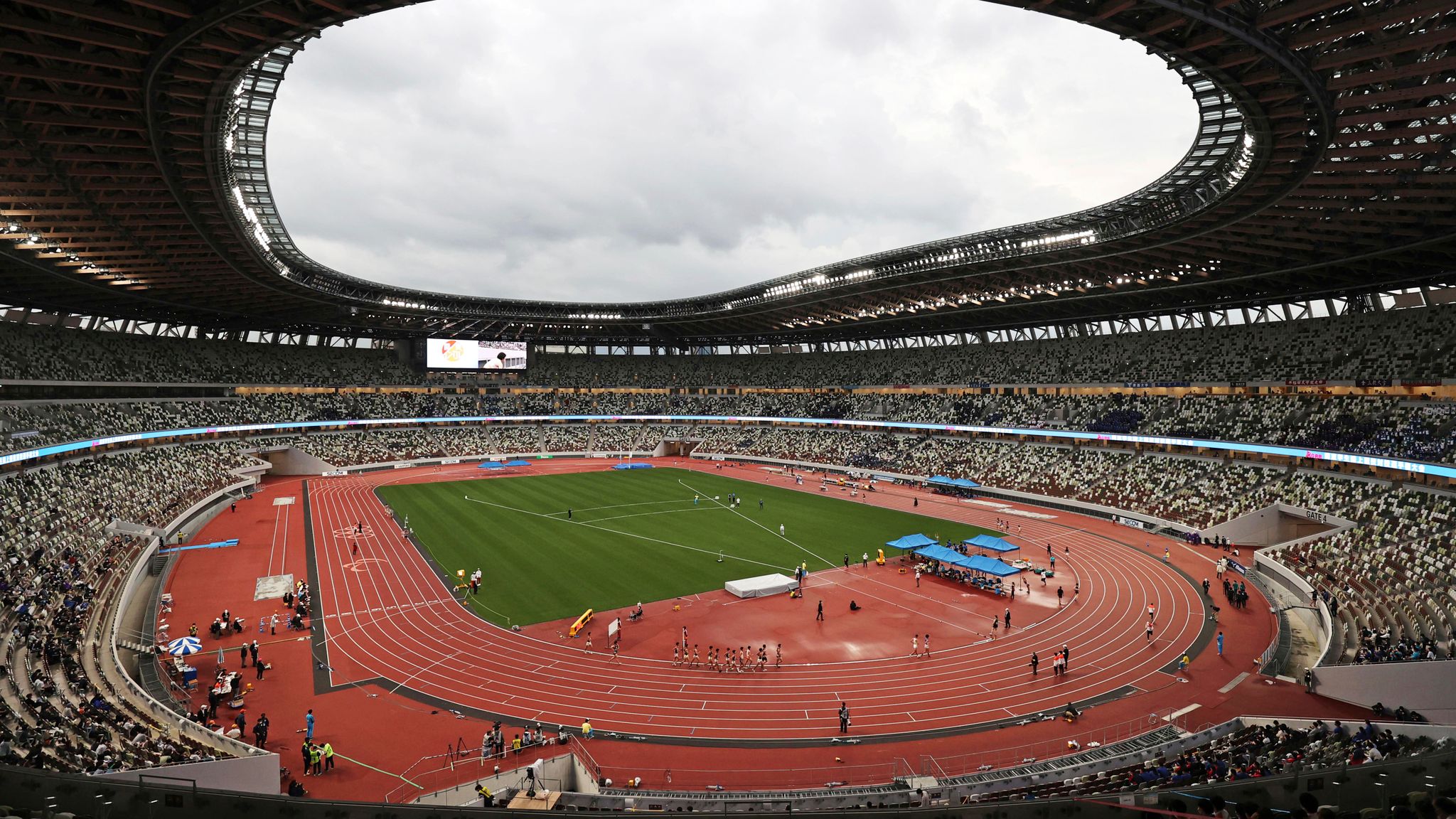World Championships Road Race Rescheduled
Japan is currently experiencing its hottest summer since records began in 1898. The extreme heat has coincided with the 2025 World Athletics Championships, which is holding in the Japanese capital Tokyo.
Temperatures are 2.36C above average, and are expected to exceed 30C for the duration of the championships. The opening day, which will host the 35km men’s and women’s race walk, is forecast to reach 32C.
Events on the first three days of the championships will start 30 minutes earlier than scheduled because of the heat.
The women’s and men’s 35km race walk on September 13, women’s marathon on September 14 and men’s marathon on September 15 will now start at 07:30 local time (23:30 BST).
World Athletics said it had taken the decision to put ‘the highest priority’ on athlete safety, in light of “expected elevated heat conditions that could pose a health and safety risk.”
At the 2021 pandemic-delayed Olympic Games in Tokyo, the marathon and race walk events were moved to the cooler northern city of Sapporo due to heat concerns.
What are the heat rules?
To ensure the safety of participants, World Athletics has a heat rule which can be applied when temperatures get too high.
The Wet Bulb Globe Temperature (WBGT) scale is used to determine whether the heat rule should be enforced.
The WBGT measures heat stress in direct sunlight, which involves observing temperature, humidity, wind speed, sun angle, and cloud cover.
For athletics events, a warning is issued when temperatures reach 25C, and severe warnings are issued when temperatures reach 28C.
Competing at temperatures of 30C and above are classed as dangerous. To reduce the risk of heat illnesses, athletics competitions are often scheduled during cooler mornings or evenings.
Health advice suggests distance races should take place below 18C.
World Athletics president Sebastian Coe said there will be “heat challenges” at the championships in Tokyo.
He added the battle against climate change had fallen on sports leaders after inaction from governments.
“Governments have not stepped up to the plate and sport is going to have to take some unilateral judgments and decisions here,” said Coe.
“And we have reflected in the past, if we are committed to athlete welfare, then we should probably be openly committed to that.”
‘Heat challenges will continue’
After a record-breaking summer in Japan this year, the heat continues for the start of the World championships.
For events this Saturday, it will be quite cloudy, but the temperature will still reach 30C.
By Sunday and into next week, those will soar to the mid-30s.
But when you add on the humidity, the heat index or the ‘feels like’ temperature will be more like the mid-40s.
It could turn quite wet at times, but the heat challenges will continue, with the temperature feeling like the high 30s to low 40s for the rest of the championships.
World Athletics chief executive Jon Ridgeon said the organisation’s health and science team had assured him the schedule change would make a “significant difference to the athletes”.
Ridgeon added it was not possible to move the start time any earlier than 07:30 because of the “logistical changes required”.
What happened in Doha 2019?
The 2019 edition of the World Athletics Championships took place in Doha, Qatar.
It was held in late September to early October to avoid high temperatures.
But there was still extreme heat during that period, and large air conditioning units had to be brought into the Khalifa International Stadium.
Medical staff were also on hand to monitor conditions, and events were held in the middle of the night to avoid illness caused by the high temperatures – 28 runners from the women’s marathon dropped out because of the heat.
Indoor events had air conditioning too.
.Culled from BBC Sport’s Ask Me Anything team.






